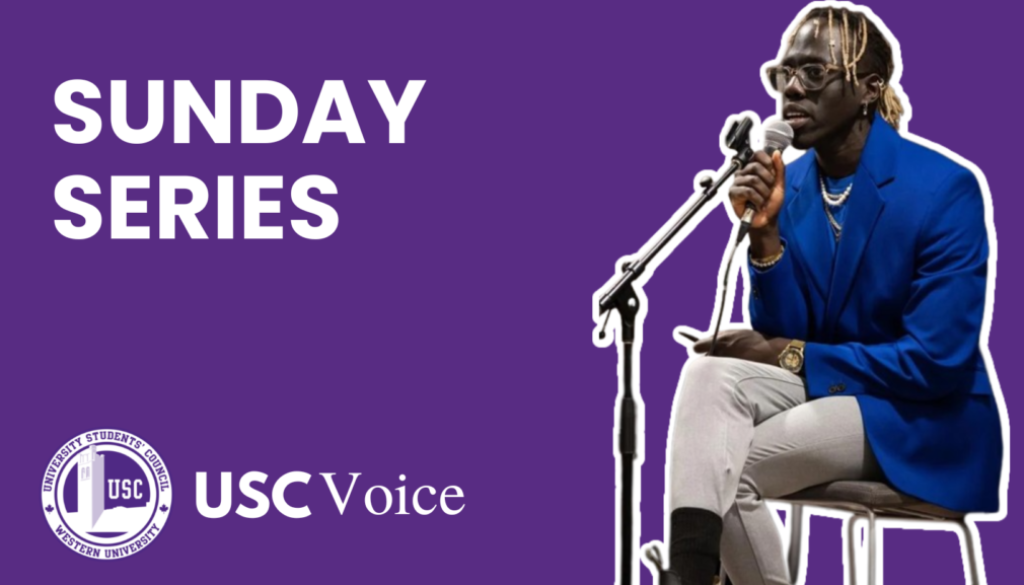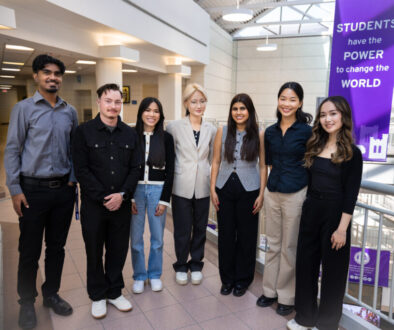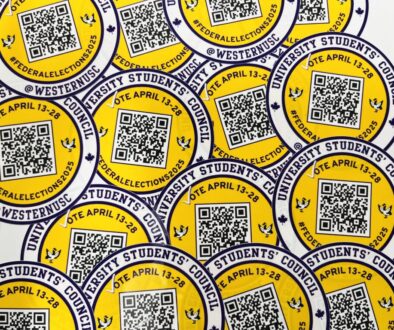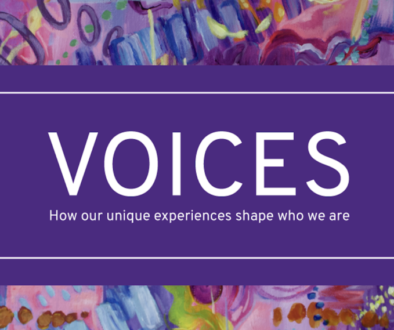What Campaigning taught me about Student Engagement
“So why should I vote for you?”
This is probably the one question I was asked the most during my Presidential campaign period. All things considered, the entire point of an election is to prove to the voting body that you are the right person to vote for. However, the one thing about campaigning that no candidate will ever tell you is that sometimes they don’t even believe that they are the right person to vote for.
Imagine putting your name on display for 35,000+ students to see and judge, while hoping for their support. Not only that, imagine doing it for 3 weeks straight and not knowing how well you did, until the second the results are revealed. Sounds stressful? It definitely was.
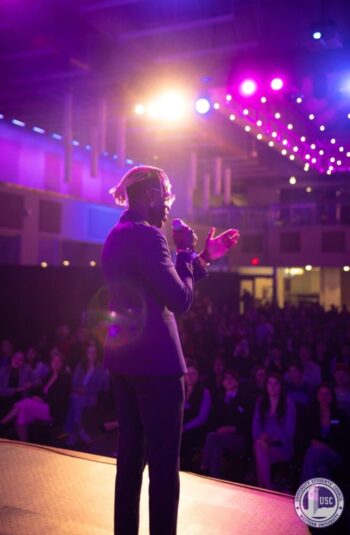
Rewind back to December, a couple weeks before the election I met with Tobi Solebo on FaceTime. He was the last Black president the USC had, all the way back in 2017. He told me: “All you have to do is secure 3000-4000 votes and you’ve won.” I left the call knowing that not only did I want to receive that amount of votes, I wanted to surpass it. 4000 votes does not represent the interests of 35,000+ students.
When I began to plan for my campaign and its outreach strategy, I quickly realized that student politics is way too complicated for a vast majority of students. Anyone who exists outside of last year’s voters (only 23% of the student population) don’t care about USC elections at all. We knew we had to make student politics simple but worthwhile, serious but also fun and engaging. And it worked: even the most distant students became interested in the USC. Through funny Instagram stories or celebrity endorsements, we made the USC relatable. A lot of students had not felt that in a long time.
Making the USC relatable came down to putting myself in spaces where the USC hadn’t been in the past. I was going to every club event imaginable, reaching out to affiliate spaces, speaking to cultural leaders, bringing in all the populations on campus that weren’t seen by the USC. Granted, this was not easy whatsoever. I’ve been lucky enough to have spent the last 5 years on campus immersing myself in these populations, so the relationships were already there when it came time to campaign.
Campaigning taught me so much about the importance of community building. The vulnerability that comes with campaigning became worthwhile once I saw the impact we were having on the student body. Students I had a single conversation with began to root for me; people I had never met were commenting on my TikToks. Suddenly, it felt like we created our own community.
I believe that successful student engagement simply comes down to meeting students where they are, not hoping that they come to you. When we have the largest student council in Canada, it means something when we jump our voter turnout from 23% to 34% of the student body. It means students care, and now they see someone who can inspire others to care as well.


